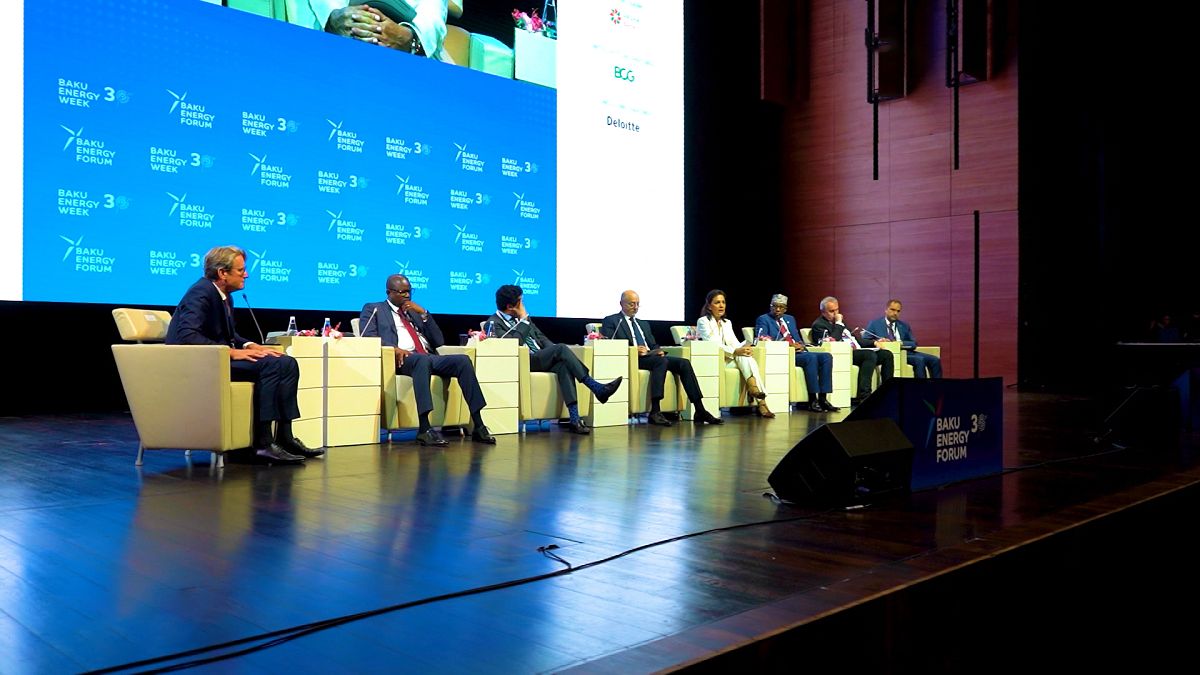

The landscape of global and regional initiatives aimed at fostering a sustainable future for our planet was recently underscored by a series of significant developments across different sectors. These efforts emphasize the critical need for innovation, strategic collaboration, and immediate action to address pressing environmental and technological challenges.
At the heart of these discussions was the Baku Energy Forum, where top energy officials and business leaders converged to advocate for a substantial increase in global renewable energy capacities. The dialogue focused on the ambitious objective to triple renewable energy sources by the year 2030. This call to action underscores a recognition of the urgent need for substantial investment and multilateral cooperation to meet the climate goals critical for our planet’s health and future sustainability. The emphasis was on the potential for innovation and modernization of energy grids, which are pivotal in harnessing renewable resources more efficiently.
In parallel, the European Union faces a pivotal moment concerning its cybersecurity posture. Industry leaders have vocalized the importance of maintaining the independence of the EU’s cybersecurity agency amidst ongoing discussions about cloud services certification. This dialogue has been in a halted state for several years, reflecting the complexity and importance of cybersecurity in an increasingly digital and interconnected world. The independence of regulatory bodies is crucial to ensure unbiased and robust protection mechanisms against the growing challenges posed by cyber threats.
The ongoing efforts in environmental conservation also saw developments in Mauritania, where balancing economic interests with environmental preservation remains a central focus. The region, with its substantial reliance on fish for food and employment, is working towards sustainable fishing practices to protect this vital resource. Support from the European Union is integral in these efforts, symbolizing a cooperative approach to safeguarding natural resources. This initiative highlights a model for combining economic and environmental objectives for mutual benefit and long-term sustainability.
In Greece, the natural environment faces its own set of challenges as firefighters continue to battle wildfires on the island of Chios. As the fires persist, authorities are actively investigating potential arson, while emergency services have prioritized the safety of residents by issuing evacuation orders in affected areas. This situation is a poignant reminder of the increasing frequency and intensity of wildfires globally, highlighting the importance of strategic interventions and preparedness to combat such natural disasters.
Meanwhile, across Europe, the onset of heatwaves brings its own set of public health challenges, particularly affecting vulnerable populations such as children, the elderly, and individuals with specific health conditions. The emphasis is on community awareness and preparedness, with guidance on staying cool and mitigating the health risks associated with extreme heat. This serves as a reminder of the changing climate and the importance of adaptive measures to safeguard public health.
Collectively, these initiatives and challenges illustrate a concerted effort on both a global and regional scale to address pressing environmental, technological, and public health issues. They underscore the necessity of collaboration, innovation, and proactive strategies in Building a resilient, sustainable future. Each step taken, each policy crafted, and each innovation realized brings us closer to a world where progress aligns harmoniously with nature’s needs, creating a foundation for future generations to thrive.
Source: {link}
